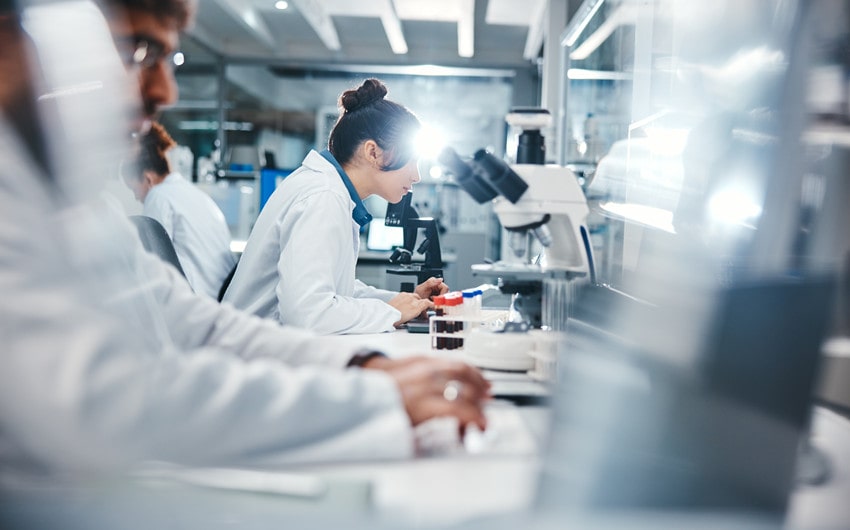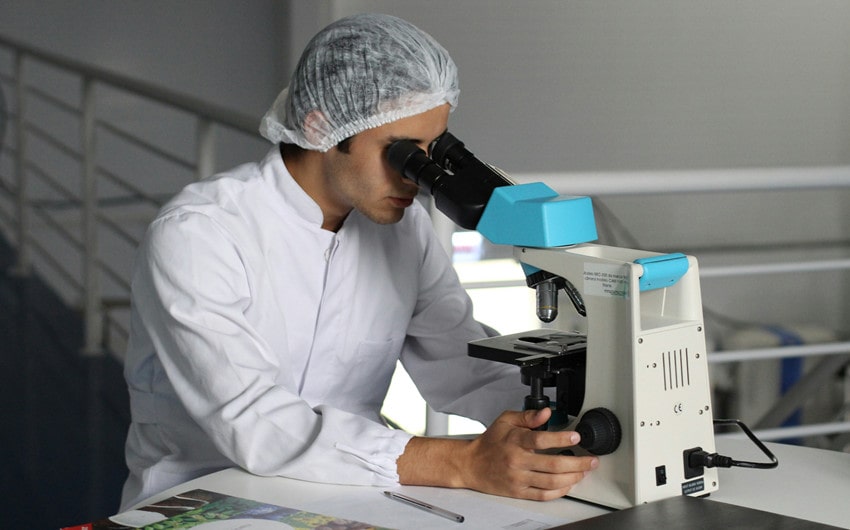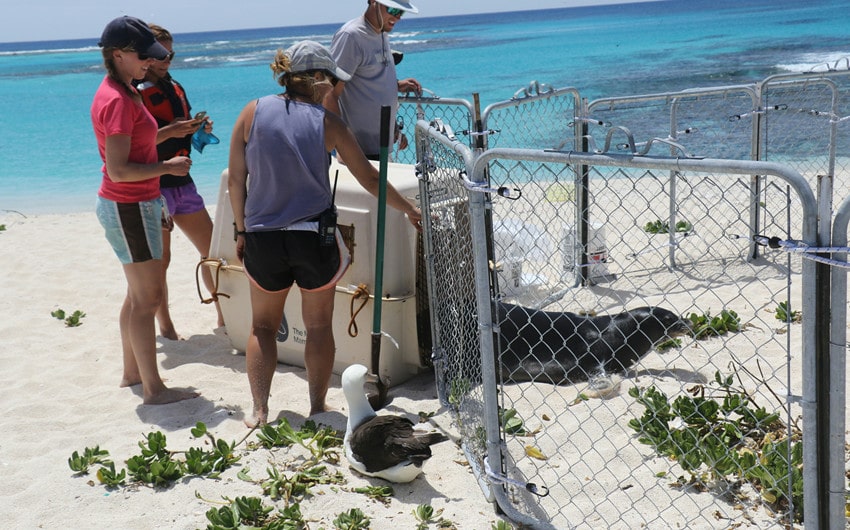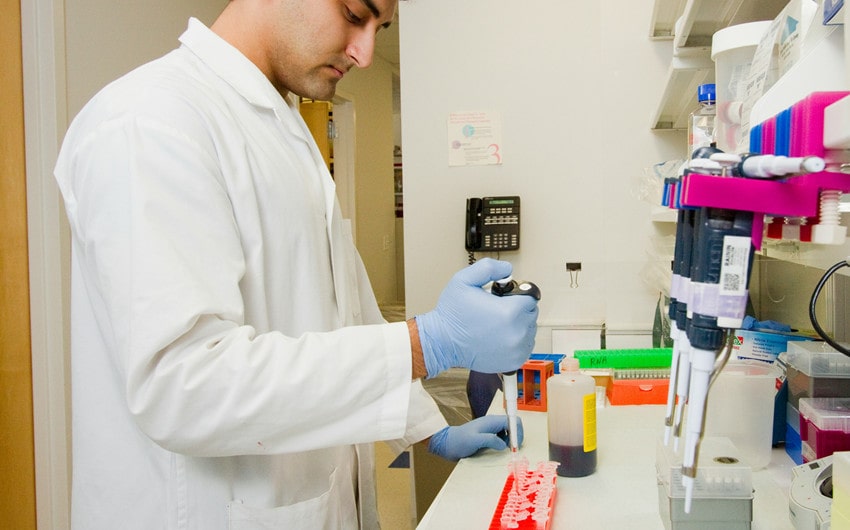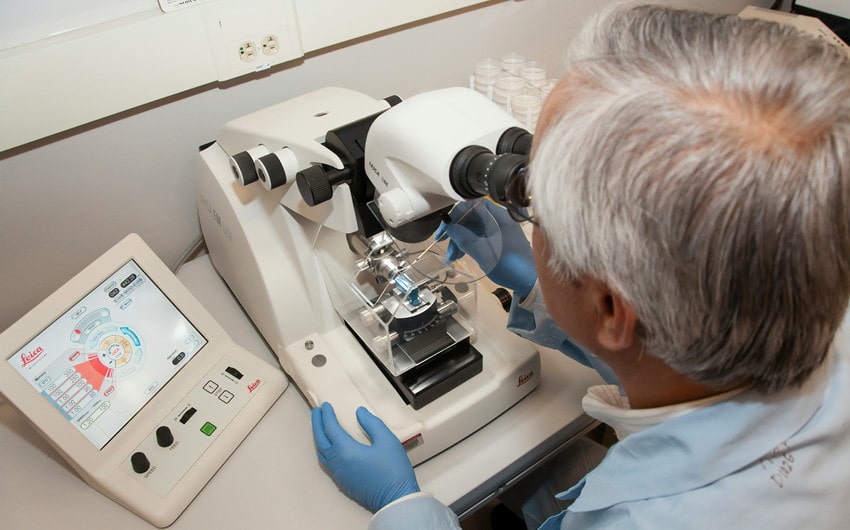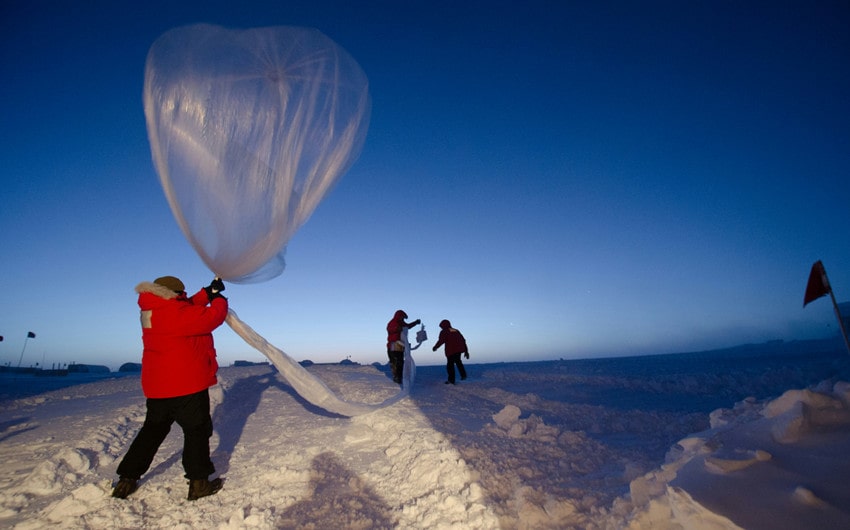43 Exciting Biology Degree Jobs You Can Pursue Today
A biology degree opens up a world of opportunities, from healthcare and research to environmental conservation and biotechnology. With so many options, it’s no wonder biology degree jobs are among the most versatile and sought-after careers today. Whether you’re passionate about protecting wildlife, advancing medical breakthroughs, or teaching the next generation of scientists, there’s a path for you.
The skills you develop—critical thinking, research, and problem-solving—prepare you for roles that make a real impact. Let’s explore the diverse and exciting careers you can pursue with a biology degree, tailored to your interests and aspirations.
Healthcare and Medical Careers
Healthcare and medical careers are some of the most popular and impactful paths for biology graduates. These roles allow you to apply your biological knowledge to improve patient care, advance medical research, and contribute to public health initiatives.
Whether you’re working in a clinical setting, a research lab, or supporting medical teams, these careers provide opportunities to make a meaningful difference in people’s lives. Biology degree holders often find themselves at the forefront of innovation, using their expertise to tackle pressing healthcare challenges.
- Medical Technologist: Analyze biological samples in laboratories to assist in diagnosing diseases and conditions.
- Clinical Laboratory Scientist: Perform complex tests on bodily fluids to detect infections, genetic disorders, or other medical conditions.
- Healthcare Consultant: Advise organizations on improving healthcare delivery, patient outcomes, and system efficiencies.
- Physician Assistant: Work under doctors to provide diagnostic, therapeutic, and preventative care to patients.
- Genetic Counselor: Help individuals and families understand genetic conditions and assess risks through counseling and analysis.
- Public Health Specialist: Develop strategies to promote health and prevent diseases within communities.
- Biomedical Equipment Technician: Maintain and repair medical devices critical for patient care and diagnostics.
- Pharmaceutical Sales Representative: Educate healthcare professionals about medications and medical products while building relationships within the medical community.
Research and Academia
For those who love discovery and knowledge, careers in research and academia offer exciting opportunities to explore biological phenomena and share insights with others. These roles often involve designing experiments, analyzing data, and publishing findings that can advance science and solve real-world problems.
Working in universities, research institutes, or private companies, biology graduates contribute to fields like genetics, ecology, and microbiology. Academia also provides the chance to mentor the next generation of scientists, blending research with teaching responsibilities.
- Research Scientist: Conduct original studies in areas such as molecular biology, neurobiology, or plant sciences.
- Academic Lecturer: Teach university courses while pursuing independent research in your area of expertise.
- Laboratory Coordinator: Oversee lab operations, manage equipment, and support ongoing scientific projects.
- Ecological Field Researcher: Study ecosystems and biodiversity in natural habitats to support conservation efforts.
- Scientific Editor: Review and edit research papers for publication in scientific journals.
Environmental and Conservation Roles
Environmental and conservation roles are perfect for biology graduates passionate about protecting the planet. These careers involve studying ecosystems, assessing environmental impacts, and implementing strategies to conserve biodiversity. Whether working in the field, analyzing data, or shaping policies, these roles are critical for addressing climate change and preserving natural resources. Professionals in this area often collaborate with government agencies, NGOs, or private environmental organizations.
- Environmental Consultant: Advise businesses and governments on minimizing their environmental impact.
- Wildlife Biologist: Monitor and study animal populations to ensure their protection and sustainability.
- Marine Ecologist: Research ocean ecosystems to promote marine conservation and sustainable fishing practices.
- Environmental Policy Analyst: Develop and advocate for policies that address environmental challenges and conservation goals.
- Forest Conservation Officer: Manage and protect forested areas, ensuring sustainable use and biodiversity preservation.
Biotechnology and Bioinformatics
Biotechnology and bioinformatics represent cutting-edge fields where biology meets technology to create solutions for medicine, agriculture, and beyond. These roles involve using advanced techniques like genetic engineering, data analysis, and computational modeling to innovate and solve complex biological problems. With growing demand for bioinformatics and biotech expertise, these careers are at the forefront of scientific and technological advancements.
- Biotech Product Developer: Design and develop new biological products, such as vaccines, biofuels, or plant-based alternatives.
- Computational Biologist: Use algorithms and software to analyze large biological datasets and model complex systems.
- CRISPR Specialist: Apply gene-editing technologies to modify DNA for research or therapeutic purposes.
- Synthetic Biologist: Engineer organisms to produce useful compounds or perform novel functions.
- Genomics Analyst: Decode genetic data to uncover patterns related to health, disease, or agricultural traits.
Education and Science Communication
Education and science communication careers allow biology graduates to inspire curiosity and understanding in others. Whether teaching in classrooms, creating engaging science content, or working in museums, these roles focus on making biology accessible and exciting. Professionals in this field often bridge the gap between complex scientific concepts and diverse audiences, fostering a love for learning and promoting scientific literacy. These careers are ideal for those who enjoy sharing knowledge and connecting with people.
- Science Curriculum Developer: Design innovative educational materials and lesson plans for schools or online platforms.
- Museum Educator: Develop interactive exhibits and conduct workshops in natural history or science museums.
- Science Podcaster or YouTuber: Create engaging multimedia content to explain biological concepts to a global audience.
- Education Outreach Coordinator: Organize programs and events to promote science education in underserved communities.
- Science Policy Advocate: Communicate biological research to policymakers to influence decisions on public health and the environment.
Forensic Science and Law Enforcement
Forensic science and law enforcement careers blend biology with criminal justice, providing fascinating opportunities to solve crimes and ensure justice. Professionals in these fields analyze biological evidence, such as DNA or blood samples, to uncover crucial information. Working in crime labs, law enforcement agencies, or even at crime scenes, biology graduates contribute to solving mysteries and advancing forensic technologies. These careers are highly detail-oriented and require precision and critical thinking.
- Forensic Toxicologist: Analyze biological specimens to detect drugs, poisons, or other substances in legal investigations.
- DNA Analyst: Process and compare DNA samples to identify individuals or establish genetic relationships in criminal cases.
- Crime Scene Biologist: Collect and examine biological evidence from crime scenes to support investigations.
- Wildlife Forensic Specialist: Investigate crimes related to wildlife trafficking or illegal poaching using biological evidence.
- Forensic Anthropologist: Study human remains to determine identity and cause of death in criminal or historical cases.
Agriculture and Food Sciences
Agriculture and food sciences offer biology graduates the chance to work on critical issues like food security, sustainable farming, and crop improvement. These careers involve using biological principles to enhance food production, improve food safety, and create sustainable agricultural practices. Professionals in this field often collaborate with farmers, food manufacturers, and researchers to ensure a reliable and healthy food supply for the growing global population.
- Crop Scientist: Develop high-yield, disease-resistant crops through research and testing.
- Food Microbiologist: Study microorganisms in food production to ensure safety and prevent contamination.
- Soil Biologist: Analyze soil health and develop methods to improve agricultural productivity sustainably.
- Agricultural Extension Specialist: Provide farmers with scientific advice on sustainable practices and modern farming techniques.
- Postharvest Technologist: Research and implement methods to improve food storage and reduce waste after harvesting.
Sustainability and Green Careers
Sustainability and green careers focus on addressing environmental challenges by developing solutions for renewable energy, waste reduction, and resource management. Biology graduates in these roles use their expertise to create a more sustainable future, working in industries, government agencies, or environmental organizations. These careers are ideal for those passionate about combating climate change and promoting eco-friendly practices.
- Renewable Energy Biologist: Research biofuels and other sustainable energy sources derived from biological materials.
- Sustainability Coordinator: Design and implement eco-friendly initiatives for businesses, reducing their environmental footprint.
- Green Product Developer: Create sustainable products, such as biodegradable materials or plant-based alternatives, to replace harmful plastics.
- Climate Change Analyst: Study the biological impacts of climate change and develop strategies for adaptation and mitigation.
- Ecosystem Restoration Specialist: Work on projects to rehabilitate damaged ecosystems, such as wetlands, forests, or coral reefs.

